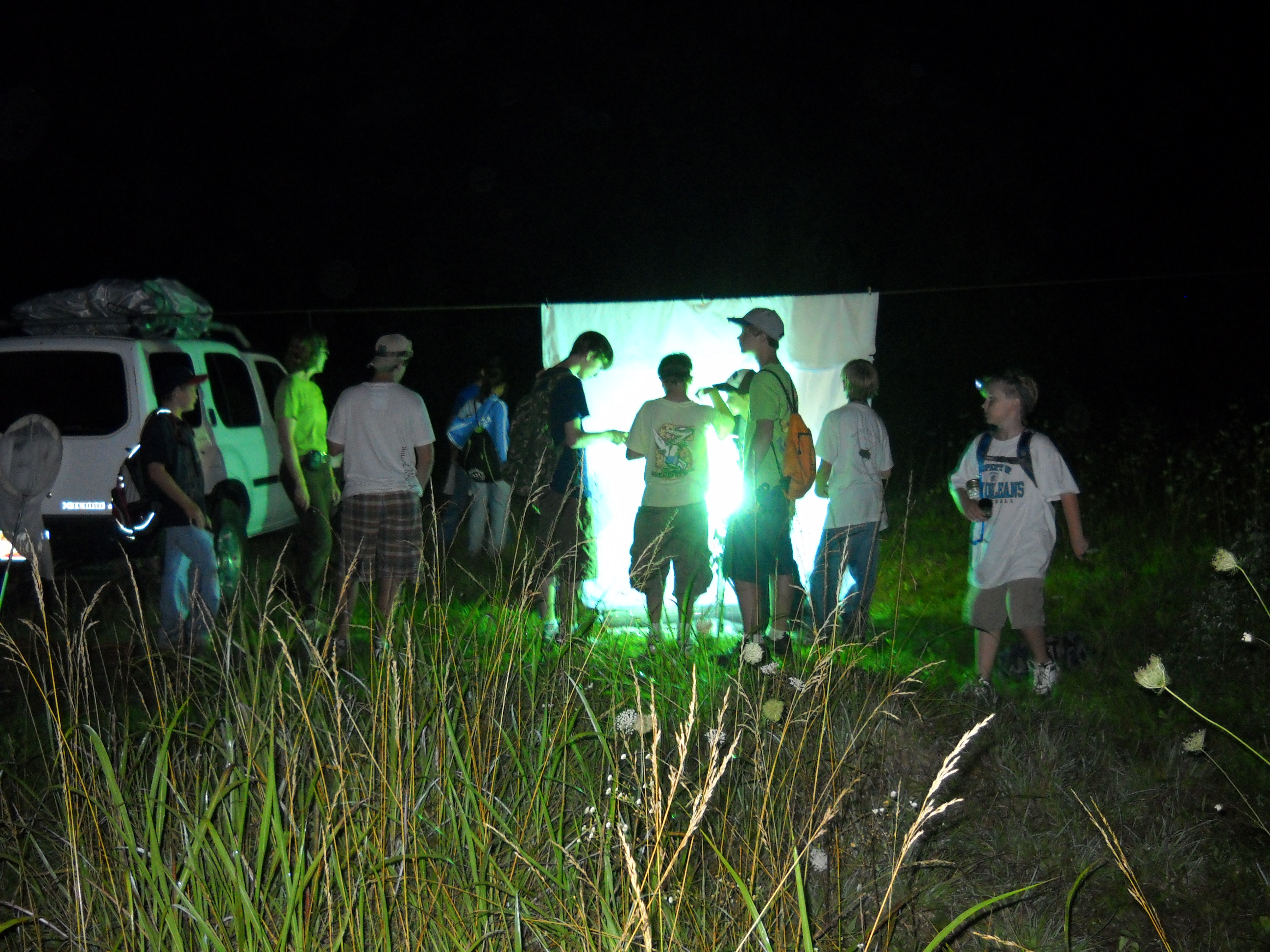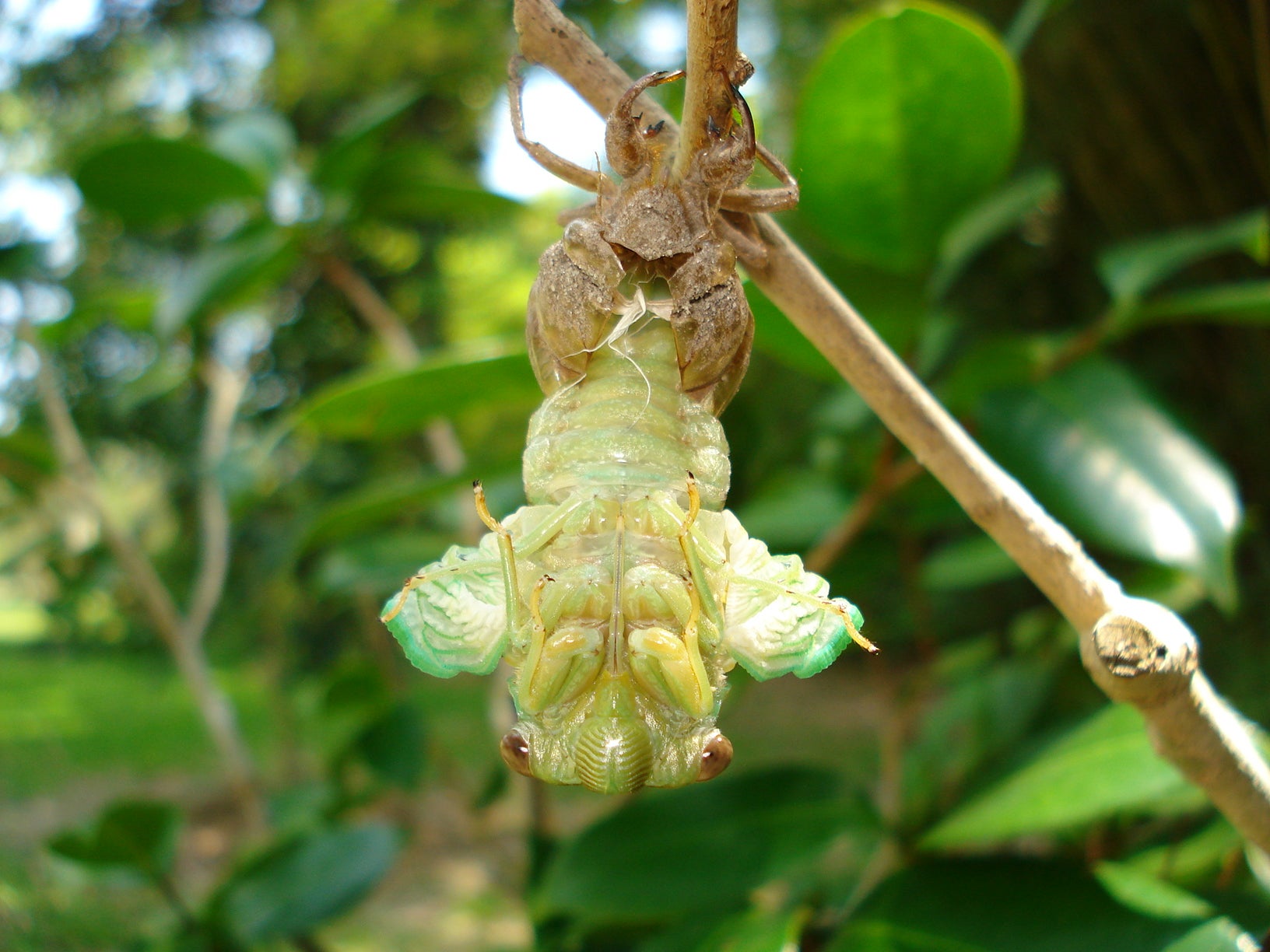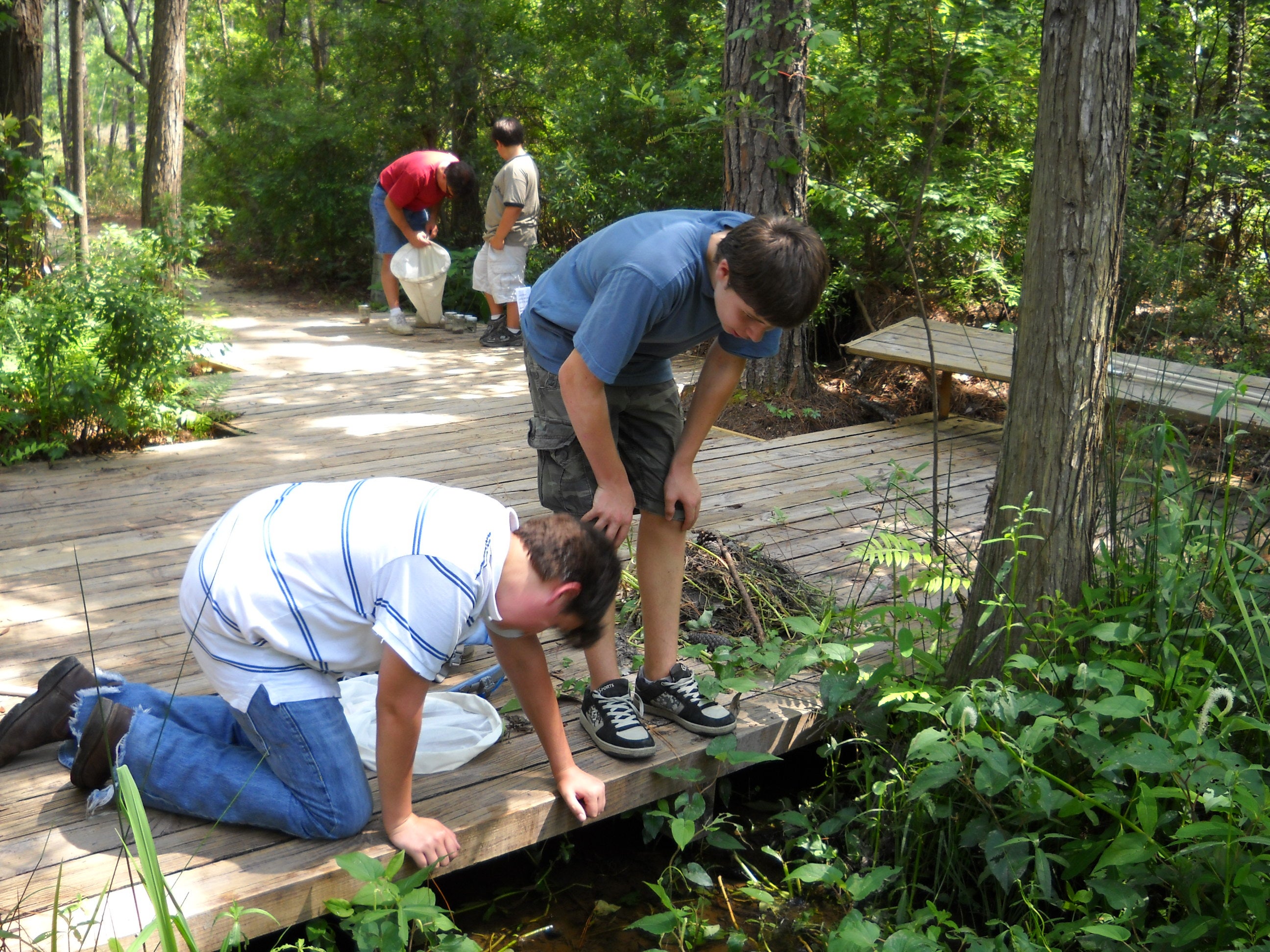Get ready for Bugfest at the Crosby Arboretum!
Published 12:08 pm Saturday, September 24, 2022
By Patricia Drackett
Director of the Crosby Arboretum and
assistant extension professor of landscape architecture with the Mississippi State University Extension Service.
Have you ever attended the Arboretum’s annual Bugfest event? If not, pay us a visit on October 7 or 8, and bring along a child or two! Last week, we celebrated the world of mushrooms and fungi, and soon we’ll be taking a very close look at some awesome insects. There are so many ways that visitors can explore the fascinating world of nature.
Maybe you’ve found an insect at home you can’t identify. Just bring it in (dead or alive) to the entomology station on the Pinecote Pavilion during the event. Have you snapped a photo or two on your phone went you came across an unfamiliar “bug.” Take advantage of the entomology experts coordinating the event who will happing to assist with insect identification.
For other times of the year, there are some great websites on the internet such as www.bugguide.net<http://www.bugguide.net> that can help with insect identification. On the site www.whatsthatbug.com<http://www.whatsthatbug.com>, you can submit a photo of an unknown insect along with information such as where it was found. Experts provide a thorough and sometimes sidesplittingly humorous reply. However, I need to add a caution that the “What’s That Bug” website is very addictive and might keep you up late into the night.
For almost two decades the Arboretum has been offering the public an annual celebration of all things buggy. Bugfest is a unique opportunity to learn about the world of insects (and spiders, which are arachnids, always seems to come up). The event is coordinated by Extension Entomologist Dr. John Guyton, from Mississippi State University’s Biochemistry, Molecular Biology, Entomology and Plant Pathology Department.
Dr. Guyton usually brings a few critters down from his “mini-zoo” of live arthropods from the Mississippi State University campus. Arthropods are invertebrates with jointed legs that make up more than 80% of all animals on Earth, such as spiders, centipedes, mites, ticks, lobsters, crabs, shrimp, crayfish, and scorpions.
Visitor feedback for this event is always enthusiastic, with the night collecting activities held on Friday night being very popular. Collecting stations will be set up along the pathways, where various types of lights are strung next to sheets, which serve to attract night insects such as beetles and moths.
Did you know that insect collections can be entered at the county fair? Students who would like to start now and enter next year will find a great source of information at Bugfest for developing a prize-winning collection. Start with Dr. Guyton!
According to the 4-H Entomology Handbook, insects have also been in the recycling business for millions of years. They feed on dead plants and animals, and this activity releases nutrients for the growth of new plants. Most fish, many birds, and other animals dine primarily on insects. Also, insects do a pretty good job of keeping most of the pest insects in line, feeding on them as important biological controls.
Only a very small fraction of all the kinds of insects are “pest” insects. Most insects are an essential component of ecosystems. Many others provide direct benefits to humans. Insects provide a tremendous benefit in the pollination of plants. Many flowers require a visiting insect to transfer the pollen needed to fertilize and set seed, with bees being the best-known pollinators.
Need more information on the insects you find skulking in your garden, or maybe you’ve wondered what type of insects you see in your home, such as those tiny dark flies that like to hang out near your sink? Visit the MSU Extension website at https://extension.msstate.edu/ and enter “drain flies” in the search field. Chances are, you have seen them near your sink drain or wet saucers under your house plants. Search here for helpful publications on garden and household insects, such as Publication No. 2443, “Control Household Insect Pests<http://msucares.com/pubs/publications/p2443.pdf>”, or Publication No. 2154 on “Spiders: Brown Recluse and Black Widow”.
A school field day kicks off this two-day event on Friday morning, October 7 from 9:30 to 11:00 a.m. (schools and homeschool groups please call 601-799-2311 register your group) and night activities will take place from 6:30 p.m. to 8:30 p.m. such as Blacklighting for Bugs. On Saturday from 10:00 a.m. to 2:00 p.m., explore the world of entomology with insect collecting, identification, and more. Groups for Friday’s school field day MUST pre-register. Admission for all persons on Fri/Sat, $2 for students/children; $5 for adults/teachers/chaperons.
Fall programs and events are now listed on our website calendar at http://crosbyarboretum.msstate.edu/. Sign up on our home page to receive email updates or check out our Facebook page. The Crosby Arboretum is located at 370 Ridge Road in Picayune, at I-59 Exit 4 and is open Wednesday through Sunday from 9 a.m. to 4:30 p.m.






